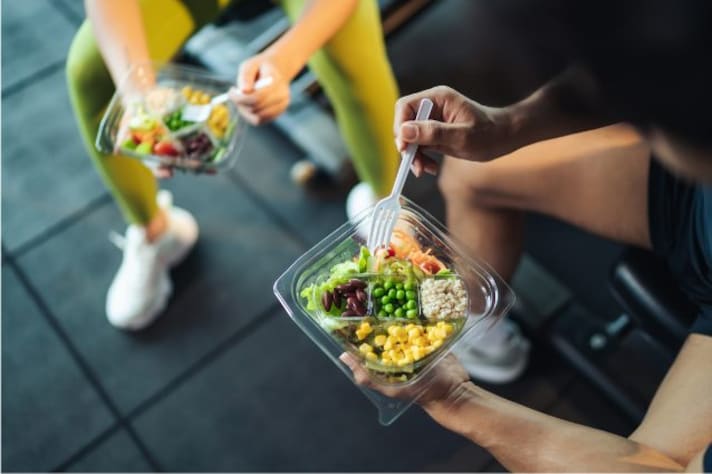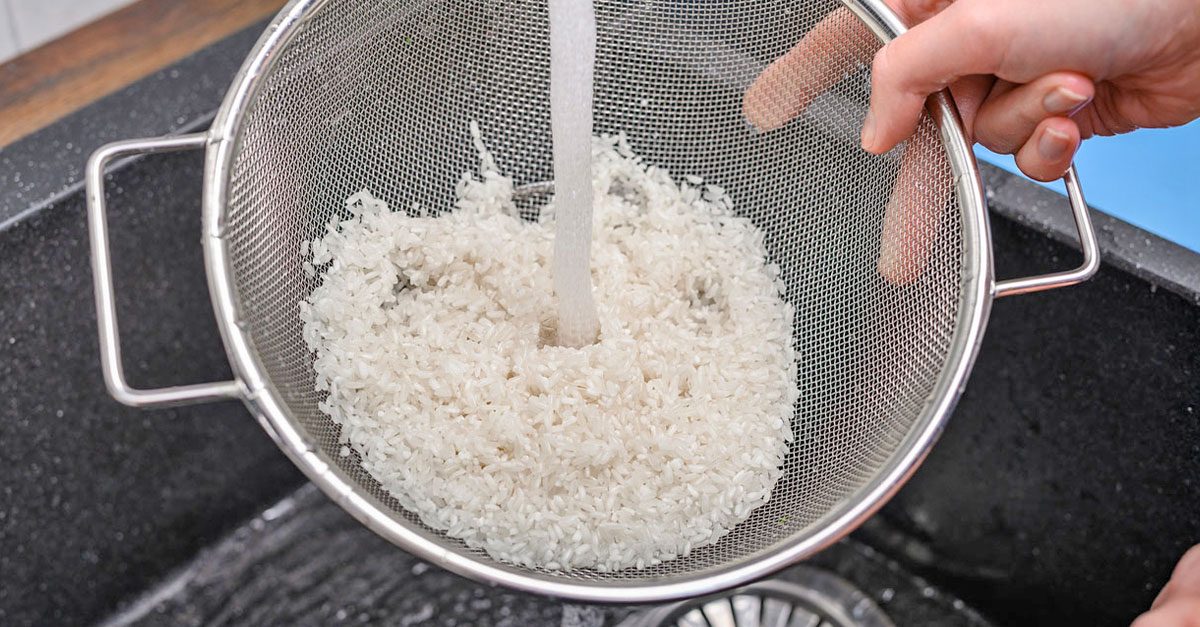Your Ultimate Guide to An Athlete’s Diet
A well-balanced diet is essential for athletes to enhance performance and recovery. If you are an athlete or intend to play sports then read ahead. This short guide covers the key components of an athlete's diet, including essential nutrients, meal timing, hydration strategies, and the role of supplements, providing practical tips known to be adopted by even Olympians.

For athletes, nutrition is a crucial aspect of their training and performance. A well-balanced diet can enhance strength, endurance, and recovery, while poor nutrition can hinder progress and increase the risk of injury. This guide will explore the key components of an athlete's diet, providing insights into their essential nutrients, meal timing, and hydration strategies.
Essential Nutrients for Athletes
Athletes require a variety of nutrients to support their intense physical activity. The most important include:
Carbohydrates
This is the primary source of energy for athletes. Complex carbs like whole grains, fruits, and vegetables should make up the bulk of an athlete's diet to provide sustained energy.
Proteins
This is crucial for muscle repair and growth. Athletes commonly include lean meats, fish, eggs, dairy, beans, and legumes in their diet to ensure adequate protein intake.

Fats
These are essential for overall health and a source of long-lasting energy. Healthy fats from sources like avocados, nuts, seeds, and olive oil should be included.
Vitamins and Minerals
Vital for various bodily functions. A diet rich in colorful fruits and vegetables ensures athletes get the necessary vitamins and minerals.
Here’s What An Athlete’s Meal Timing and Composition Are Like
The timing of meals and snacks can significantly impact an athlete's performance and recovery. Here are some general guidelines:
Pre-Workout Meals
Should be consumed 2-3 hours before exercise. A balanced meal with carbohydrates, protein, and some fat can provide sustained energy. Examples include oatmeal with fruit and nuts, or a turkey sandwich on whole grain bread.
Post-Workout Nutrition
Critical for recovery. A combination of protein and carbohydrates within 30 minutes to 2 hours after exercise can replenish glycogen stores and aid muscle repair. Options include a protein shake with a banana or a chicken and quinoa salad.
Snacks
Healthy snacks between meals can maintain energy levels throughout the day. Fruits, nuts, yogurt, and whole grain crackers are excellent choices.

Hydration Strategies
Proper hydration is essential for athletic performance and recovery. Athletes drink water regularly throughout the day and monitor their hydration status by checking the color of their urine – it should be light yellow.
- Before Exercise: Drink about 500-600ml of water 2-3 hours before activity.
- During Exercise: Aim to drink 200-300ml of water every 20 minutes, especially in hot or humid conditions.
- After Exercise: Rehydrate with water or an electrolyte drink to replace fluids lost through sweat.
Some Common Supplements for Athletes
While a well-balanced diet should meet most of an athlete's nutritional needs, some may benefit from supplements. Common supplements tackle the most common problems like dehydration and muscle cramping that athletes face due to high levels of exertion.
- Protein Powders, convenient for meeting protein needs, especially post-workout.
- Creatine, which can enhance performance in high-intensity activities and support muscle growth.
- Electrolytes, which are important for maintaining hydration and preventing cramps during prolonged exercise.
;Resize,width=767;)
;Resize,width=712;)
;Resize,width=712;)
;Resize,width=712;)
